The above recommendation of VGTA comes from the fact that, according to the Law on Credit Institutions, commercial banks do not have the function and duty of producing gold. According to VGTA, if participating in the production and trading of gold bars, commercial banks are forced to use a large amount of capital, affecting areas that are not within their main functions and duties.
At the same time, commercial banks are not specialized organizations in gold production and trading. Allowing banks to produce and trade gold has left long-term consequences, forcing management agencies to find solutions to stabilize it.
Therefore, VGTA proposes to consider the regulation that the State Bank (SBV) organizes the production of gold bars in each period as proposed in the Draft, because the SBV is the state management agency for gold trading activities; it is not the agency that produces and trades gold bars. If the SBV participates, it will lead to overlapping tasks of both trading and state management.
According to VGTA, if the State Bank participates in the production and supply of gold bars, it will certainly create a psychological impact to attract people and investors to continue investing in gold bars bearing the State Bank brand, so it is very easy to lead to the same consequences as before when SJC gold was used as the national gold standard. Thus, the gold bars of enterprises will not be able to attract. As a result, the goal of diversifying the supply of gold bars with many different brands to reduce the price of gold is difficult to achieve.
Mr. Dao Xuan Tuan, Director of the Foreign Exchange Management Department (SBV), said that immediately after receiving instructions from General Secretary To Lam , the SBV completed the Draft Decree amending the direction in line with the General Secretary's instructions. In particular, regarding the management of the gold bar market, the Draft also builds regulations in the direction of eliminating the state monopoly in the production of gold bars, at the same time exporting raw gold and importing raw gold to produce gold bars.
VGTA also proposed to remove the regulation that "enterprises must have a license to trade in gold bars" and "a minimum charter capital of VND 1,000 billion" to be allowed to produce gold bars. According to VGTA's explanation, there are currently only 3 enterprises in the gold market that meet this charter capital requirement. Therefore, the number of enterprises that can participate in the production of gold bars is still insignificant, leading to the market still being able to fall into a state of monopoly in the production and supply of gold bars. Therefore, VGTA proposed that the State Bank of Vietnam issue an annual limit on the export and import of gold bars; and import of raw gold to produce gold bars.
This regulation allows for an increase in the supply of raw gold, but still ensures State control over the jewelry gold market. The draft Decree also clearly stipulates that enterprises and credit institutions licensed to import gold must develop internal regulations on the import and sale of raw gold to ensure publicity and transparency; build an information system to store complete and accurate data on the purchase and sale of raw gold, and provide information to competent authorities in accordance with the law.
VGTA recommends allowing gold jewelry businesses to import raw gold without any limit on volume. Businesses will report to state agencies on the import turnover of raw materials and the volume of domestic gold jewelry sales; and the export turnover of gold jewelry.
According to VGTA's estimate, the foreign currency demand for importing raw gold is about 5 billion USD/year, or an average of about 416 million USD/month, which is very small compared to the foreign currency trading turnover in the interbank market (18.9 - 25.2 billion USD/month). At the same time, according to VGTA, Vietnamese gold production and processing enterprises are not only capable of producing and processing gold jewelry to meet domestic demand, but also have the capacity to compete for export to the world market.
Dr. Le Xuan Nghia, a financial and economic expert, said that gold is an extremely important reserve. Every year, Vietnam only needs to import 3-4 billion USD of gold, but many people are worried about "foreign currency bleeding", while importing foreign wine, cigars, and cigarettes worth up to 8 billion USD/year, but no one says anything. This is very unreasonable. According to Mr. Nghia, for the past 14 years, Vietnam has banned gold imports, so where does the gold being traded in Vietnam come from? Gold trading companies of course have to collect smuggled gold and gold from the people to process and trade. With this situation, Mr. Nghia said that to solve the problem of the gold market, the "best policy" is to open the door, allowing some companies to import according to the regulations of the State Bank.
Source: https://baodautu.vn/hiep-hoi-kinh-doanh-vang-viet-nam-khong-nen-bo-sung-ngan-hang-tham-gia-san-xuat-kinh-doanh-vang-mieng-d309870.html


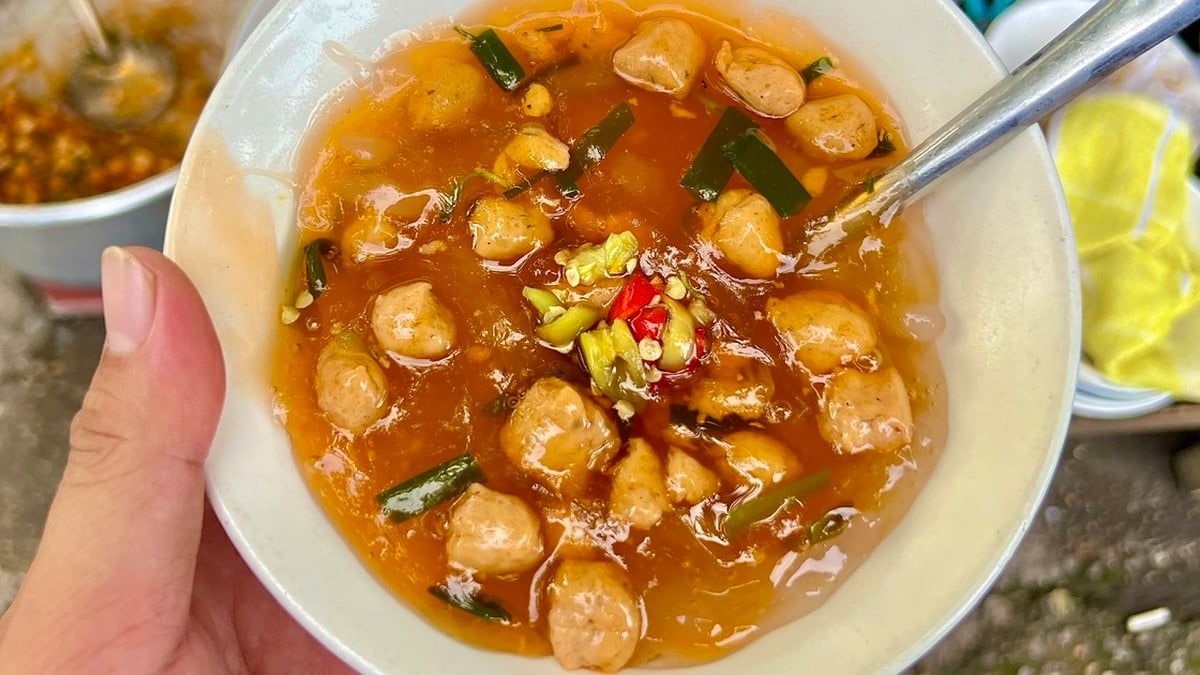






![[INFOGRAPHIC] Galaxy Z Fold7: Samsung's cutting-edge technology leap](https://vphoto.vietnam.vn/thumb/1200x675/vietnam/resource/IMAGE/2025/7/30/2fced87d84e54fb6afaee83be89735c1)
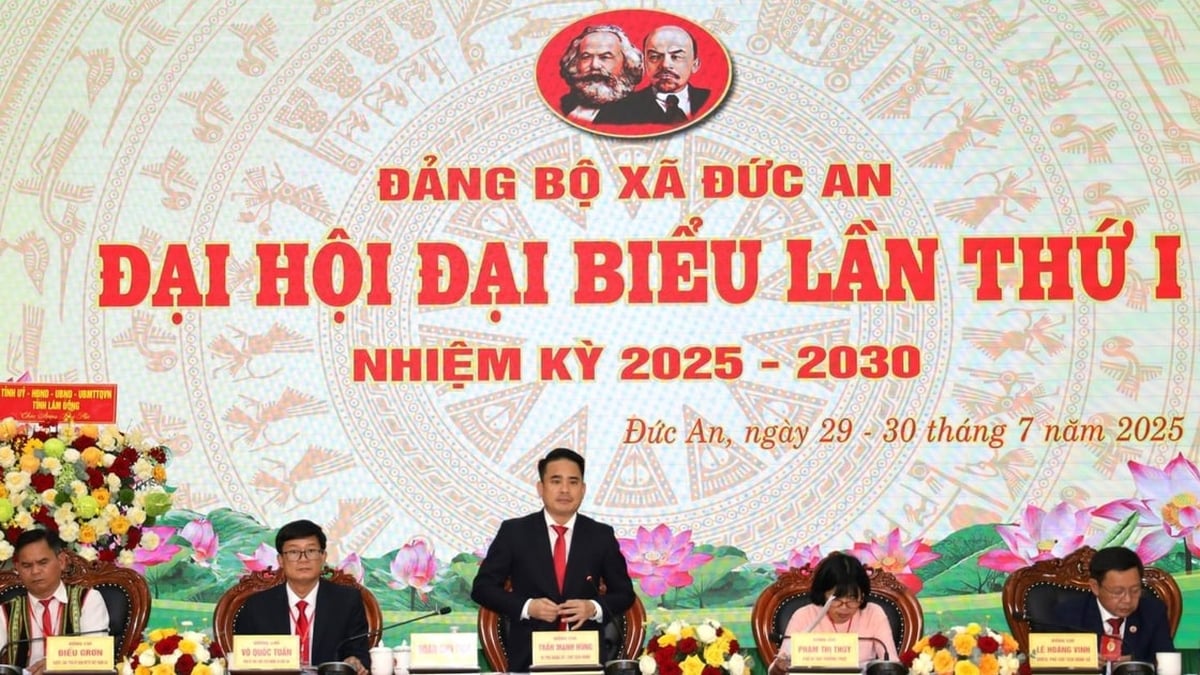












![[Photo] National Assembly Chairman attends the seminar "Building and operating an international financial center and recommendations for Vietnam"](https://vphoto.vietnam.vn/thumb/1200x675/vietnam/resource/IMAGE/2025/7/28/76393436936e457db31ec84433289f72)



































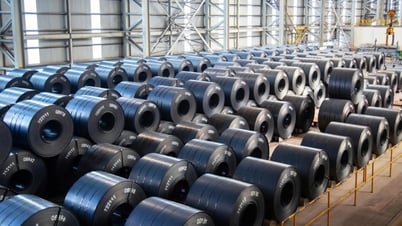






























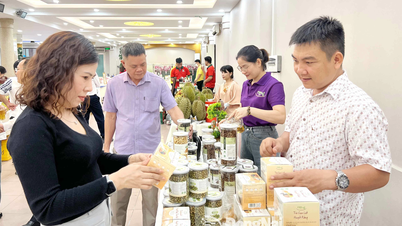







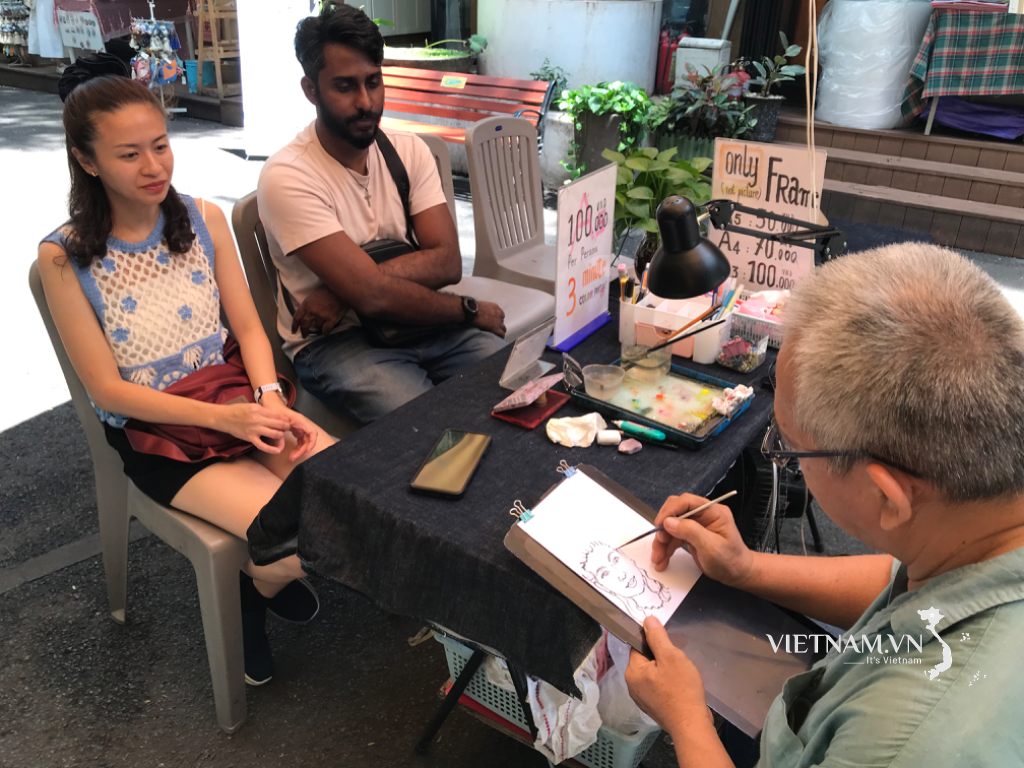

Comment (0)